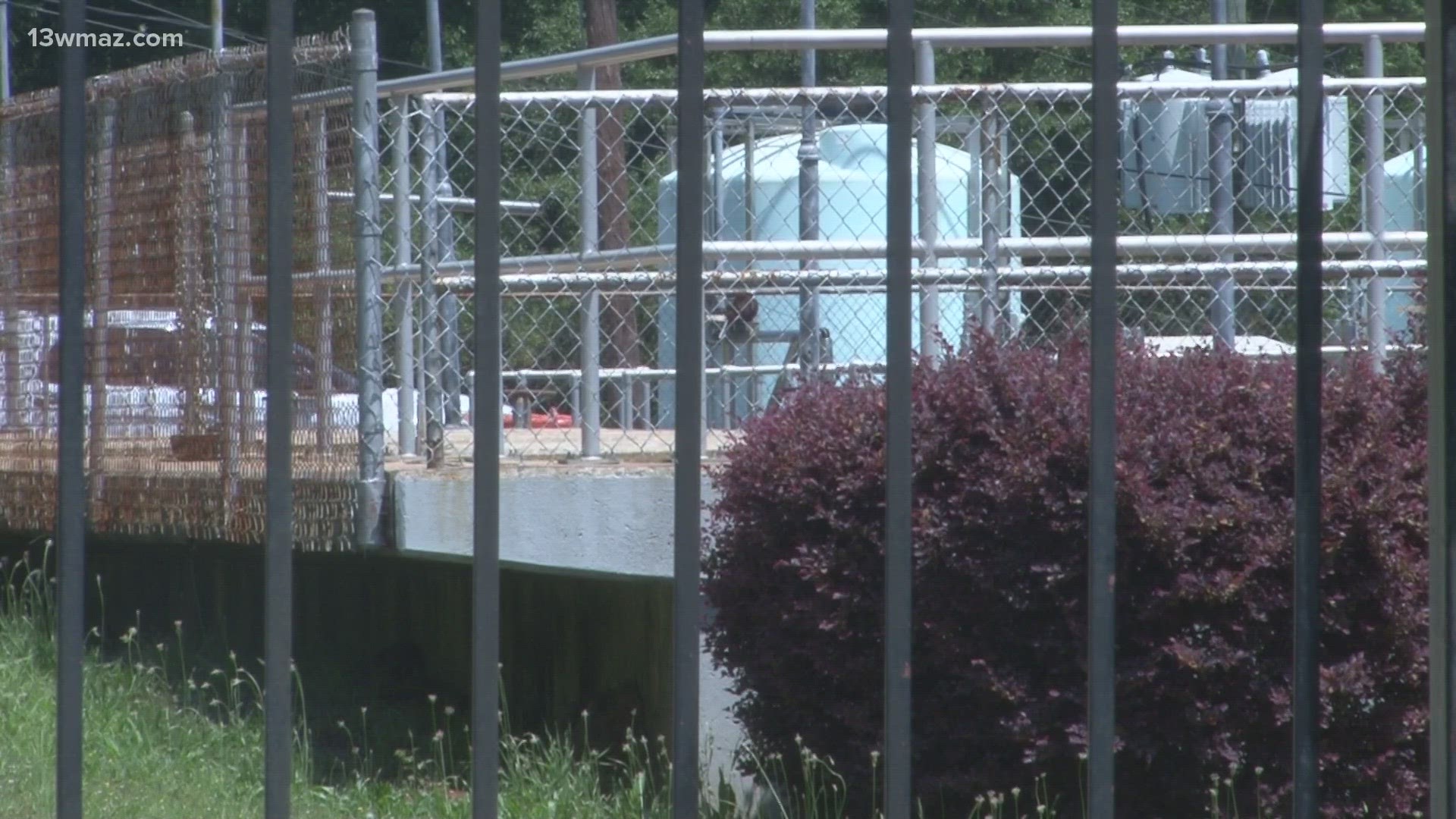MILLEDGEVILLE, Ga. — It's been two weeks since the start of Milledgeville's latest water problems.
One owner is talking about what changes they want and a city councilman has a possible solution.
"Fix Our Water Now!"
That's what a dozen businesses are calling themselves as they try to take action on Milledgeville water problems. They say they’re presenting their concerns at the city council meeting.
“This problem has gone on long enough. We want to fix this problem,” says Cliff Charnes.
The Local Yolkal Cafe just celebrated its 10th anniversary. However, its owner, Charnes, says it hasn't all been smooth sailing.
“Maybe 18 months into our operation, we experienced our first water outage, boil water advisory. We were closed for three or four days,” he says.
Since then, Charnes says they've gotten used to it.
"Run to Walmart and buy several hundred dollars worth of Chinet paper plates, plastic cups, plastic silverware. Everything has to be disposable at the time,” Charnes explains, “We've gotten very good at operating under a boil advisory."
However he says adapting eats into his profits and affects all businesses.
“Water is everything to us, from keeping food warm, in the food itself, and then cleaning and sanitizing. When you talk about spending $800 - $1,200 on paper products so that you can stay open for the weekend – it’s gone. That margin is gone,” Charnes explains.
So along with Buffington's, Amici, several other restaurants, retail stores, and hotels– they're addressing city council.
“Water is an essential element for the sustainability for any society or community, and is also a basic function of government! We seem to be behind the 8-ball now, triaging a system that we should’ve been invested in,” says Charnes. “We want to be a positive force for change in that area and see if we can't get a more reliable water infrastructure."
Councilman Walter Reynolds says he's listening.
“This is a very serious problem. This is something that costs hundreds of thousands, if not millions, of dollars over the course of a year,” Reynolds says. “You have businesses that are having to bring in portable toilets to keep their employees working, you have businesses and restaurants having to go to water diversion plans. This costs them time and money.”
He presented a five-part plan of action at last week's council meeting.
“This council, with the best of intentions and making the right decision, oftentimes is slow to make any decision," he says. “We want a full report of what the cause of the failure was, and what could be done to prevent the cause in the future.”
Reynolds continues explaining by second, they need to locate extra backup pumps in case another failure happens. Third, working with engineers to install an additional backup pump, so if one does fail, they still have two working pumps. Fourth, creating a heat map of pipe failures, why they happened, and how it was solved. Lastly, finding money to pay for upgrades to the plant through grants or SPLOST.
“The business owners, the citizens, shouldn't have to go and collect buckets of water to flush their toilets. They deserve a reliable water system that works when they open up their taps,” Reynolds says.
The businesses are meeting with the council. Reynolds says he tried to get other councilmembers to support his proposal, but could not.

